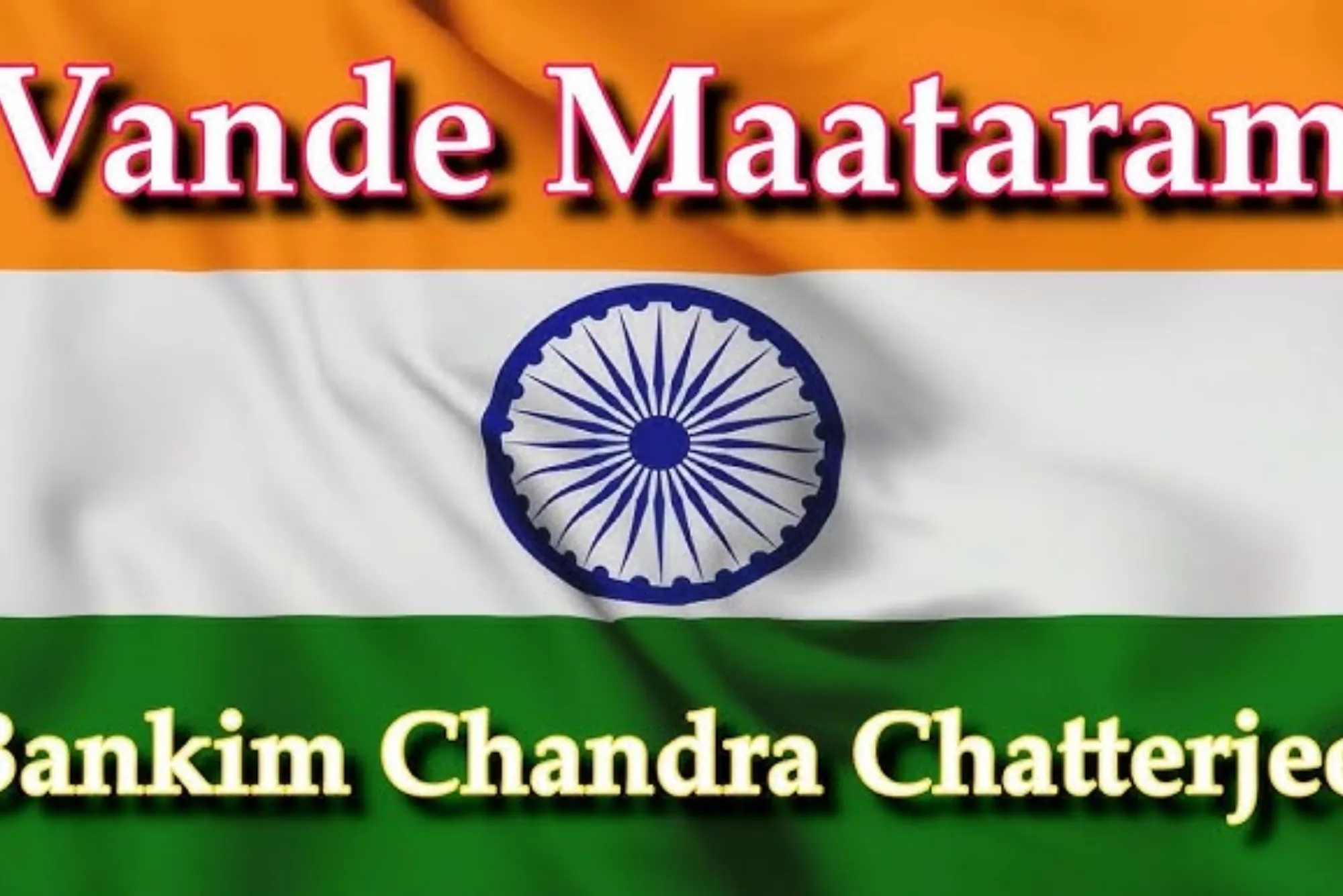Who Wrote the National Song of India: Unveiling the History
The National Song of India is “Vande Mataram,” composed by Bankim Chandra Chatterjee in the 1870s. Written in Sanskrit and Bengali, the song was included in his novel “Anandamath” in 1882. “Vande Mataram” translates to “I praise thee, Mother” and was a significant symbol of India’s freedom movement, inspiring countless freedom fighters. It celebrates the nation’s beauty, strength, and rich heritage. While “Jana Gana Mana” is the official national anthem, “Vande Mataram” holds equal importance as the national song, evoking patriotism and national pride across India.
The National Song of India, also known as “Vande Mataram,” holds profound significance in the country’s cultural and patriotic ethos. Its stirring lyrics and melodious composition have inspired generations. But who penned these iconic verses, and what is the story behind its creation? Let’s delve into the history and unravel the mystery behind the authorship of the National Song of India.
Bankim Chandra Chattopadhyay: The Literary Maestro
Bankim Chandra Chattopadhyay, a revered figure in Indian literature, stands as the author of the National Song. Born in Bengal in 1838, Chattopadhyay was a prolific writer, philosopher, and journalist. His literary contributions encompassed novels, essays, and poetry, each reflecting the socio-cultural milieu of his time. Among his notable works, “Anandamath,” the novel from which “Vande Mataram” is excerpted, holds a significant place. The profound patriotism and fervor for India’s freedom resonated through Chattopadhyay’s words, making him a revered figure in the Indian nationalist movement.
Vande Mataram: The Song of Devotion and Freedom
The composition “Vande Mataram” first appeared in Chattopadhyay’s novel “Anandamath,” serialized in 1882. Set against the backdrop of the Bengal famine and the fervent Who Wrote National Song of India movement against British colonial rule, the novel portrays the struggle and sacrifice of Indian freedom fighters. “Vande Mataram” emerges as a rallying cry, invoking devotion to the motherland and the fervent desire for independence. Its verses, infused with spiritual fervor and patriotic zeal, struck a chord with the masses, galvanizing them towards the cause of freedom.
![National Symbols of India [Complete Lists] - Edsys](https://wp.edsys.in/wp-content/uploads/2020/03/National-Anthem-e1544078586131.jpg)
Controversies and Legacy
Despite its widespread popularity, “Vande Mataram” has also courted controversies. Its invocation of the motherland as a deity led to debates over its religious connotations. However, its essence as a symbol of national unity and resilience has endured through the ages. “Vande Mataram” was adopted as the national song of India in 1950, a testament to its enduring legacy and significance in the country’s cultural tapestry.
The National Song of India, with its evocative verses and stirring melody, stands as a testament to the indomitable spirit of the Indian people. Bankim Chandra Chattopadhyay’s creation, “Vande Mataram,” encapsulates the aspirations and dreams of a nation striving for freedom and dignity. Its journey from the pages of a novel to the hearts of millions reflects the enduring power of literature and music in shaping collective identity and fostering national unity.

Telugu Songs
Telugu songs are a vital part of India’s rich musical heritage, primarily associated with the Telugu-speaking states of Andhra Pradesh and Telangana. These songs span various genres, including folk, classical (Carnatic), devotional, and film music. Telugu film songs, particularly from Tollywood (the Telugu film industry), are immensely popular not only in the southern region but also across the country. Iconic music directors like M. S. Viswanathan, Ilaiyaraaja, and A. R. Rahman have contributed significantly to Telugu film music.
Modern Telugu songs blend traditional instruments like the mridangam, veena, and nadaswaram with contemporary beats and electronic sounds, making them versatile and appealing to all age groups. From soulful melodies to energetic dance numbers, Telugu songs are known for their catchy rhythms, poetic lyrics, and emotional depth. These songs are celebrated during festivals, weddings, and cinema, playing a crucial role in the cultural identity of Telugu speakers worldwide.
Telugu songs form an integral part of the rich cultural heritage of Andhra Pradesh and Telangana in India. Renowned for their melodious tunes and poignant lyrics, Telugu songs span various genres, including classical, folk, devotional, and contemporary music. From timeless classics to modern hits, Telugu music captivates listeners with its soulful compositions and vibrant rhythms, showcasing the diverse musical landscape of the region.
Folk Music in Telugu Culture
Traditional Telugu folk songs are an integral part of the rural culture, often sung during festivals, weddings, harvests, and other community events. These songs are rich in storytelling, celebrating local heroes, myths, and rural life. Folk instruments like dappu, thavil, nadaswaram, and harmonium are commonly used, giving the songs a distinct rustic flavor. Some popular forms of Telugu folk songs include:
Jaanapada Paatalu: These are rural folk songs that narrate everyday life, nature, and village culture.
Oggu Katha: A traditional folk art that includes narrative singing of epics, especially related to gods like Lord Mallanna and Goddess Yellamma.
Classical Telugu Songs
Telugu is one of the dominant languages in Carnatic classical music, with many iconic compositions being written in the language. Composers like Thyagaraja, Annamacharya, and Muthuswami Dikshitar have penned timeless devotional and classical compositions in Telugu. These classical songs are often rendered during concerts and festivals, accompanied by instruments like the veena, mridangam, violin, and flute. Telugu classical songs focus on ragas (melodic frameworks) and talas (rhythmic cycles), providing depth and intricacy in performance.
Devotional Telugu Songs
Devotional music, known as Bhakti Geetalu, holds a special place in Telugu music culture. These songs are dedicated to deities like Lord Venkateswara, Goddess Lakshmi, Lord Shiva, and Lord Rama. The compositions of Annamacharya (known as the “Padakavita Pitamaha”) are particularly famous, with his works dedicated to Lord Venkateswara of Tirupati. These songs are still sung in temples and religious gatherings, preserving the spiritual essence of the region.




